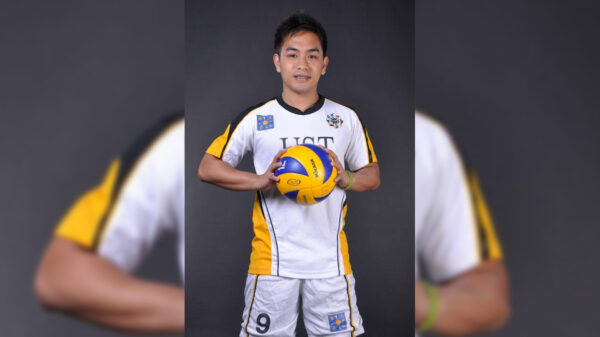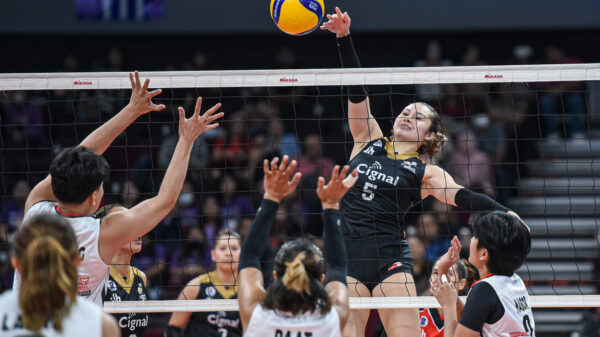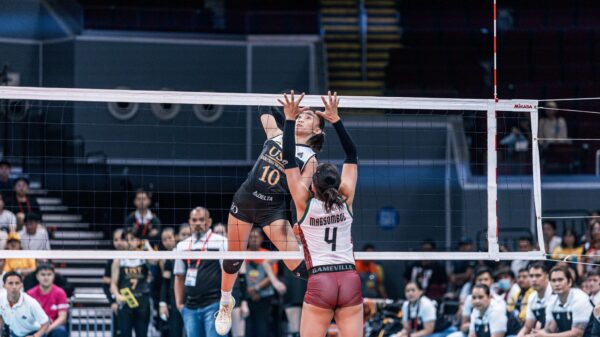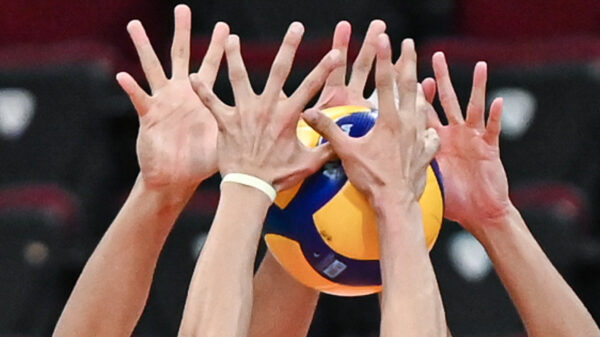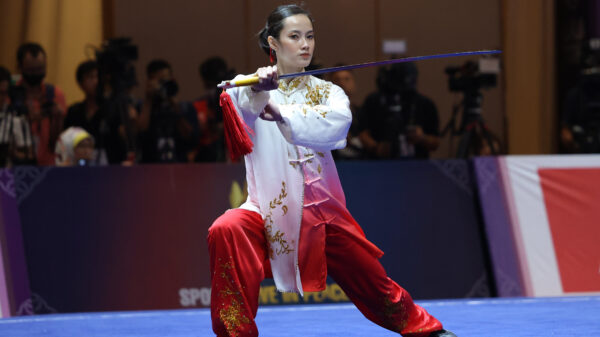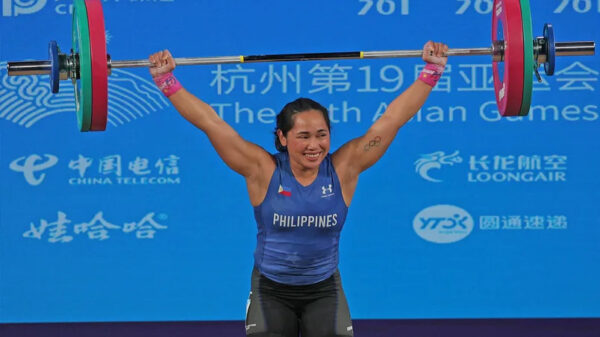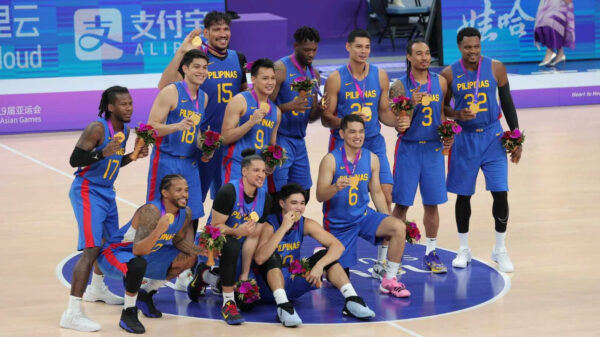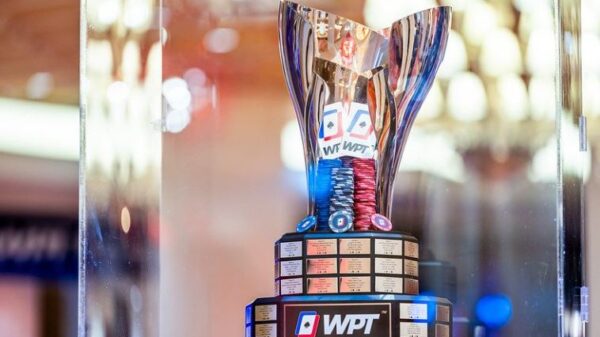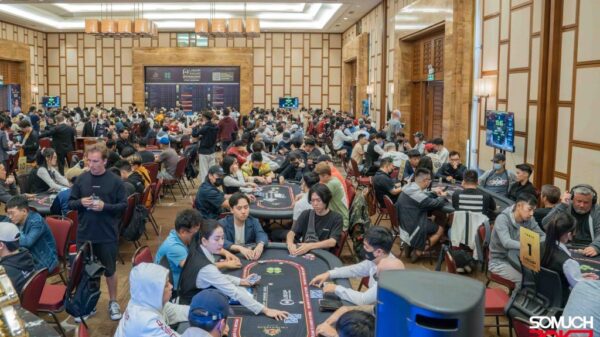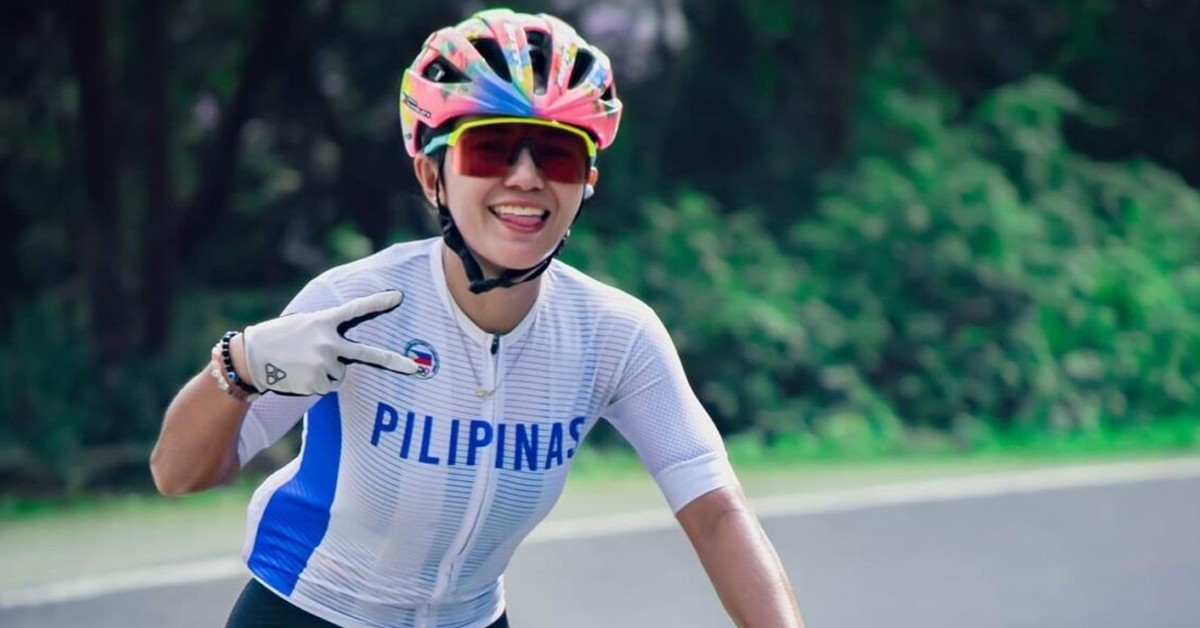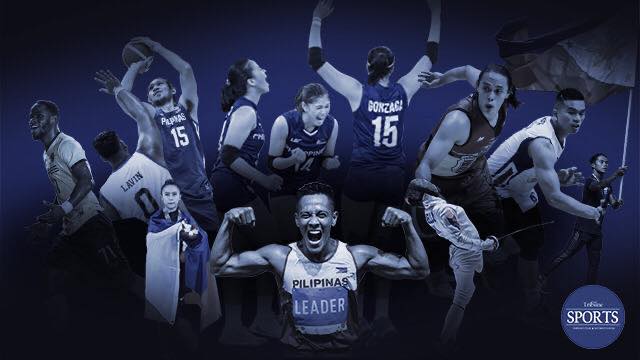Philcycling, the governing body for cycling in the country, said yesterday that it will extend a helping hand to mountain bike rider Ariane Evangelista, who failed a doping test in the 19th Asian Games in Hangzhou, China.
But the federation made it clear that while it will be assisting Evangelista, whose drug test showed traces of erythropoietin, a banned substance that enhances performance, it condones doping.
“It is unfortunate that one of our finest riders in MTB, Ariana Evangelista, is provisionally suspended for Adverse Analytical Findings or AAFs, but as the national federation for cycling to which she is attached, the Philcycling would extend all the support necessary to our athlete that within the bounds of regulations of the WADA Independent Observers, WADA, NADO-Philippines, Olympic Council of Asia and Union Cycliste Internationale,” the statement read.
“The Philcycling, like all national federations under the wings of the Philippine Olympic Committee, will always be in support of its athletes and on the same level promote with vigor and fair play in our sport at all times while condemning the use of illegal substances/doping.”
Aside from Evangelista, Asian Games officials also announced that Uzbek cyclist Aleksey Fomovskiy also flunked a drug test.The 22-year-old Fomovskiy, who came fifth in the men’s omnium points race on 28 September, failed a drug test for anabolic steroids, the International Testing Agency said.
The sample was collected on the day of the event, said the ITA, which handles some areas of doping control at the Games.
Evangelista competed in the women’s cross-country Olympic mountain bike competition the next day, coming 13th.
It typically takes several days for a failed test to come through.
Late Tuesday, the ITA and Olympic Council of Asia said that Saudi distance runner Mohammed Yousef Alasiri had also failed a drug test.
So did Afghan boxer Mohammad Khaibar Nooristani, on 28 September, in what was the first known case of doping at the Games.

